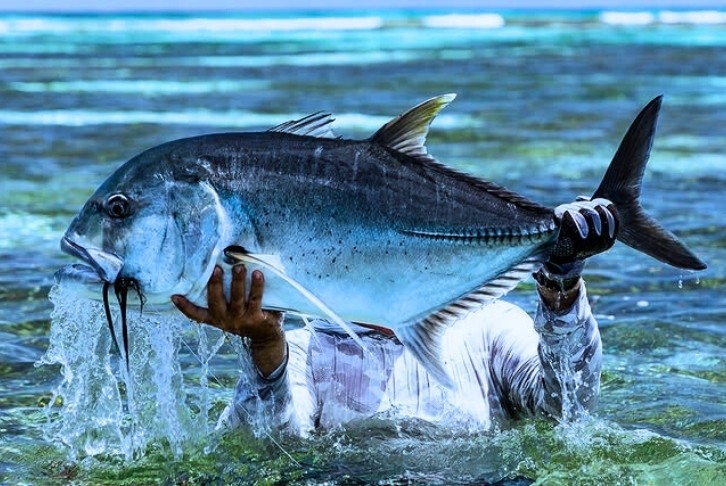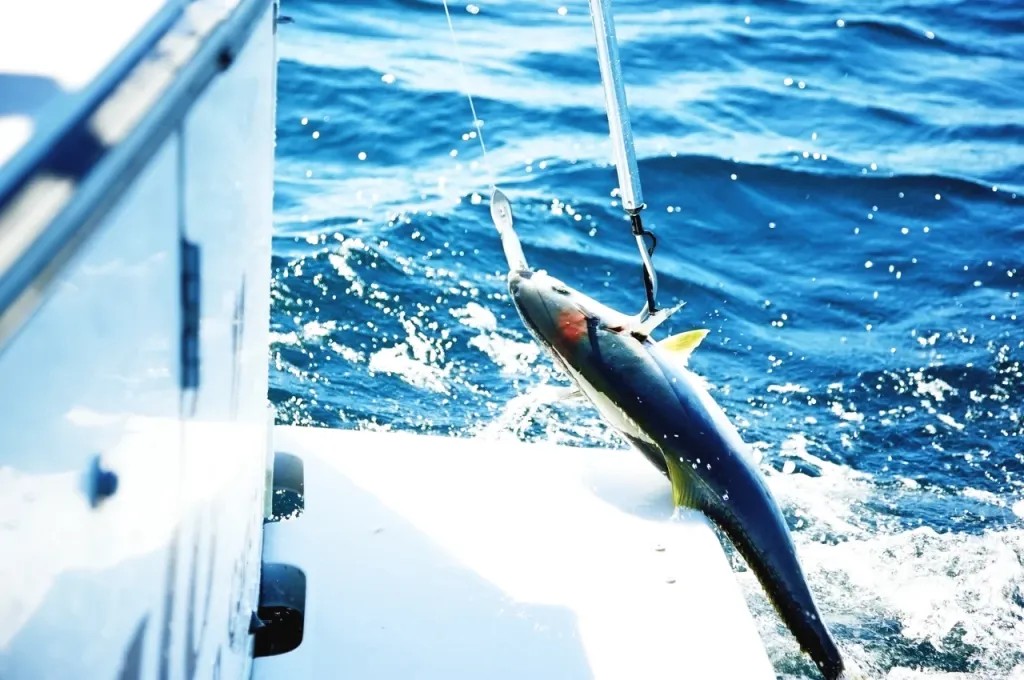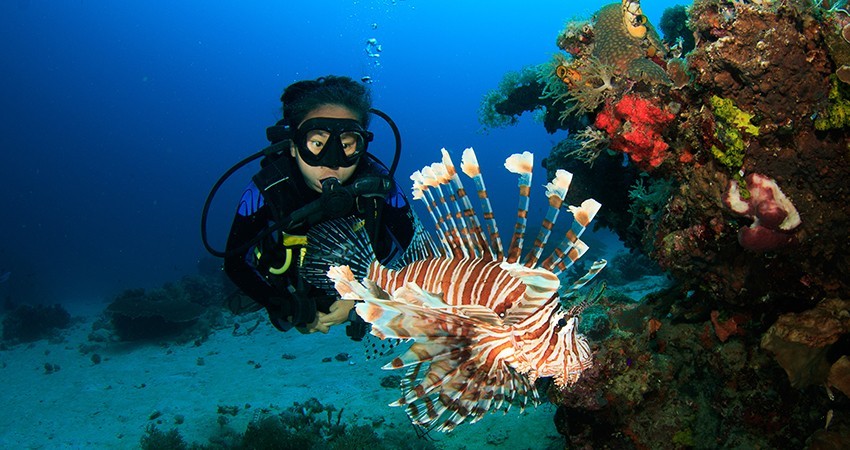Diving Sites in Port Blair



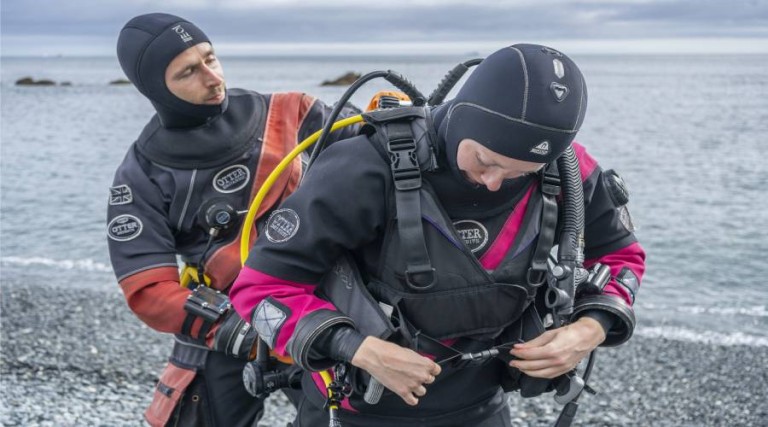
-
Aug 01, 2023
Have you ever gazed into the aquatic abyss and wondered what the world below the water's surface holds? Or maybe you've tried scuba diving and have been enticed by the allure of the underwater world. As a diver, the ocean offers you endless possibilities for discovery and exploration. Thanks to the Professional Association of Diving Instructors (PADI), learning to dive and extending your diving skills has never been more accessible.
As we dive into 2023, we explore the top five most popular PADI Specialty Diver courses that have gained tremendous traction this year. These courses, each unique in their own right, offer scuba enthusiasts the chance to take their diving experience to new depths.
Most Popular PADI Specialty Diver Courses in 2023: Deep Diver
The Deep Diver course remains one of the most popular choices among diving enthusiasts. It opens up a new world of exploration, allowing divers to descend to depths of 40 meters/130 feet. By learning techniques for diving in the deeper range, you'll be able to visit exciting sites that many divers do not get to explore, such as deep wrecks, walls, and caves.
Course Structure: The Deep Diver course typically includes four dives over two days. However, if you’ve already completed the Adventure Dive during your PADI Advanced Open Water Diver course, you only have to do three additional dives to earn this specialty certification.
The course focuses on a combination of theoretical knowledge and practical skills. You'll learn to understand the implications of deeper diving, including nitrogen narcosis and decompression sickness. The theory component that is available online via PADI covers techniques to manage your gas supply and buddy contact procedures. The e-learning course is 2-4 hours long.
In the practical sessions, you'll get hands-on experience in planning, organising, and executing deep dives under the direct supervision of a PADI Instructor. You'll also hone your compass navigation skills and use a dive computer - two vital tools when exploring the depths.
Who Can do the Deep Diver Course?
Age: You must be at least 15 years old. Deep diving is more challenging and riskier than regular diving, so this age limit is in place to ensure participants are mature enough to handle these challenges responsibly.
Certification: You need to have at least a PADI Adventure Diver certification or equivalent from another recognised dive training organisation. You can also pursue this course if you've completed your PADI Advanced Open Water Diver course.
While it is not a requirement, having experience in navigation dives helps in deep diving as the latter demands good navigational skills.
Cost: The course can cost you anything between INR 10000-25000. 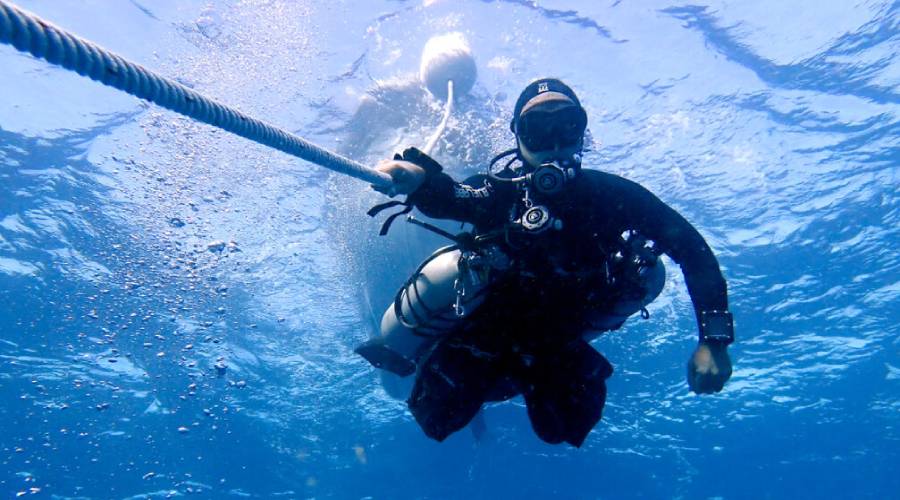
Most Popular PADI Specialty Diver Courses in 2023: Enriched Air (Nitrox) Diver
In the world of scuba diving, there's a buzzword that seasoned divers and instructors often use: Nitrox. Nitrox, or enriched air, is a breathing gas that has a higher oxygen content and lower nitrogen content than regular air. The main advantage of Enriched Air (Nitrox) is longer no decompression time — in other words, more time underwater. For repetitive scuba diving, you can get back into the water sooner because nitrox helps reduce the required length of your surface intervals. There's also some evidence that diving with enriched air reduces the feeling of fatigue post-dive.
By diving with enriched air rather than standard air, divers can extend their bottom time and potentially have shorter surface intervals — perfect for those who want to spend more time exploring underwater!
The Course
The PADI Enriched Air Diver course is primarily a theory-based course and can be completed quickly — often in just one day. It can also be combined with other PADI courses, such as the Advanced Open Water Diver course.
During the course, you will learn:
While the course doesn't require any specific dives, many PADI centres will include optional dives using enriched air, and you should definitely consider this option. You’ll also have to do a PADI e-learning course for 2-4 hours to get the certification.
Who can do the Enriched Air (Nitrox) Diver course?
Age: You should be at least 12 years of age to be able to do the course.
Certification: You should have a PADI Open Water Diver (or qualifying certification) to be able to do this course.
Cost: The Enriched Air (Nitrox) Diver course should cost you around INR 15000-20000.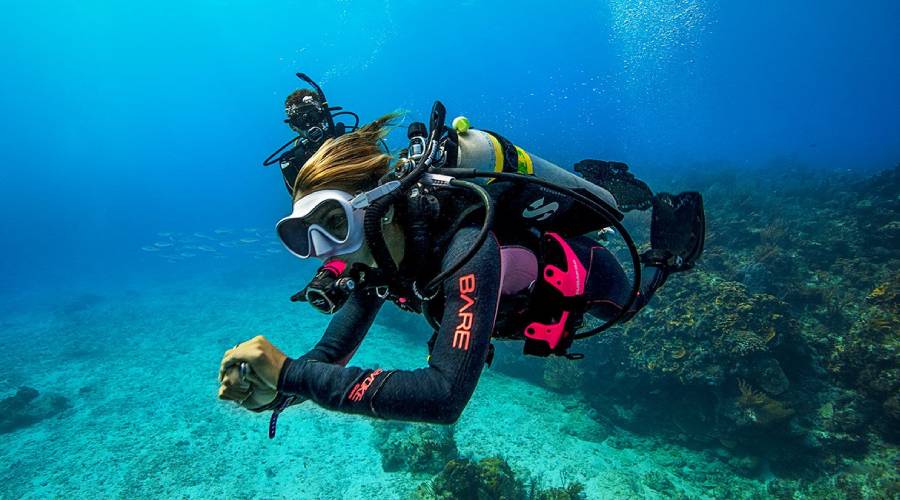
- How to manage oxygen exposure.
- How to analyse the oxygen content in your scuba tank.
Most Popular PADI Specialty Diver Courses in 2023: PADI Dry Suit Diver Course
While diving in warm tropical waters is undoubtedly enjoyable, some of the most amazing underwater sights are located in colder regions. These diving experiences offer unique and breathtaking views, but they also come with a challenge the cold water. This is where dry suit diving, and PADI's Dry Suit Diver specialty course, come into play. A dry suit is a special type of diving suit that keeps you dry and warm, even in very cold water.
The Course
The PADI Dry Suit Diver course typically takes two days to complete and involves both theory lessons and practical diving sessions. In the theory component, you'll learn about the types of dry suits, how they work, and how to take care of them. You'll also learn about the safety procedures related to dry suit diving, including how to manage potential problems like suit squeeze and buoyancy changes.
The course usually includes two open water dives, where you'll get hands-on experience diving in a dry suit. Under the supervision of a PADI Instructor, you'll practice fundamental skills such as Mastering buoyancy control using your dry suit, dive safety procedures when using a dry suit, and maintenance of your dry suit.
There’s also an e-learning component on PADI that should take 2-4 hours of your time.
The dry suit: Aside from your basic scuba diving gear, you'll need a dry suit for this course. Many dive shops will provide a suit for you during the training, but if you have your own, you can learn to use it under the guidance of your instructor.
Who can do the PADI Dry Suit Diver Course?
Age: You have to be at least 10 years of age to get a PADI Dry Suit Diver Course.
Certification: You should also have a PADI Open Water Diver to be able to do this course.
Cost: The PADI Dry Suit Diver Course should cost you around INR 15000-30000. 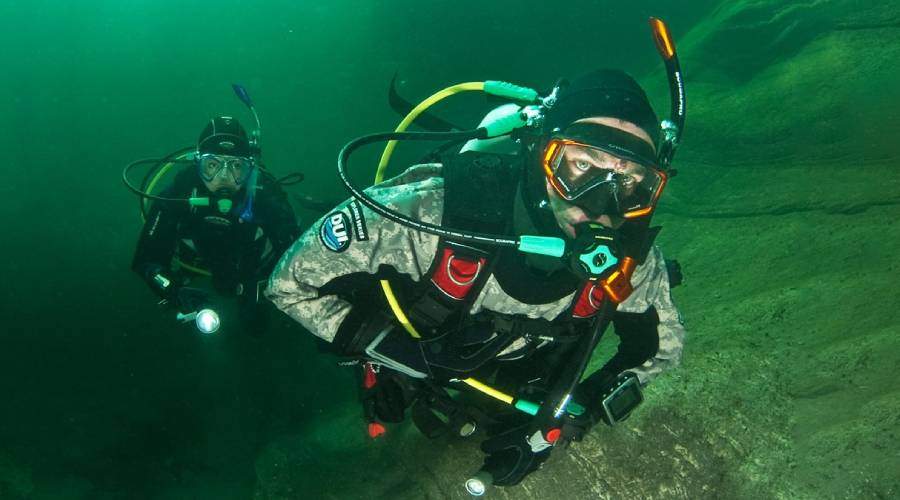
Most Popular PADI Specialty Diver Courses in 2023: Peak Performance Buoyancy
Scuba diving might seem simple at first glance, but the art of achieving perfect buoyancy — the delicate balance that allows you to effortlessly float in the water column — is one of the most important, yet challenging, skills to master.
Achieving optimal buoyancy control is critical for several reasons. It enhances your comfort and relaxation underwater, saves energy, reduces air consumption, and prevents unintentional contact with the marine environment, thus protecting delicate aquatic life.
The Course
The Peak Performance Buoyancy course typically includes two scuba dives and takes about a day to complete. The course focuses on improving and mastering your buoyancy skills, taking what you've learned in your Open Water Diver course and refining it.
Here's what you can expect:
There’s also a PADI e-learning time attached to the course, which should take you around 2-4 hours to complete.
Who can do the Peak Performance Buoyancy course?
Age: You should be at least 10 years of age to be able to do the course.
Certification: You should have a PADI Open Water Diver to be able to do this course.
Cost: The Enriched Air (Nitrox) Diver course should cost you around INR 15000-25000.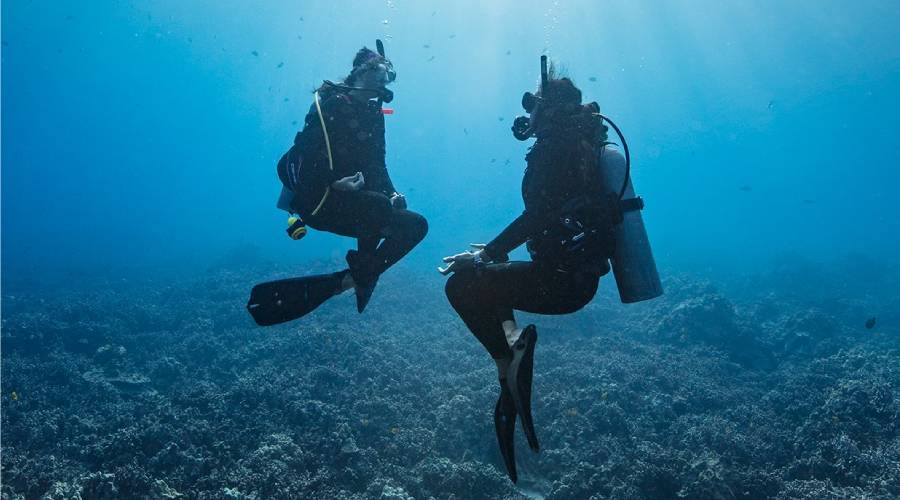
- Knowledge Development: You'll start with a review of the theory behind buoyancy, learning about the factors that affect it and how to make precise adjustments to achieve your desired positioning in the water.
- Practical Application: In the water, you'll practice various techniques for perfecting your hover, making smooth ascents and descents, and streamlining to save air and move smoothly through the water.
Most Popular PADI Specialty Diver Courses in 2023: Wreck Diver
Hidden beneath the waves in the ocean are fragments of history, frozen in time — shipwrecks that are a haunting reminder of the past. Exploring these underwater time capsules is an adventure like no other. Whether it's a sunken warship or a submerged airplane, each wreck has a unique story to tell. This is where PADI's Wreck Diver Specialty course comes in, providing you with the skills and knowledge to safely explore these underwater museums.
The Course
The PADI Wreck Diver course is a structured program designed to familiarise divers with the skills, knowledge, planning, organisation, procedures, techniques, problems, hazards, and enjoyment of wreck diving. The course is typically spread over two days and includes four dives on wrecks.
The course covers a variety of topics, including:
Moreover, you'll also learn about the legal considerations of wreck diving, including respecting the property rights of wreck owners.
Who can do the PADI Wreck Diver course?
Age: You should be at least 15 years of age to be able to do the course.
Certification: You should have a PADI Adventure Diver certification or higher to enrol for this course.
Cost: The PADI Wreck Diver course should cost you around INR 15000-30000.
- The preparation and use of lights, air supplies, special equipment, penetration lines, and reels.
- Techniques to avoid disorienting and disturbing silt, a common hazard in wreck diving.
- Surveying and mapping a wreck.
- Using penetration lines and reels to guide exploration.
- Techniques to avoid and manage potential problems and hazards of wreck diving.
Need Help Choosing the Right Specialty? Speak to Our Dive Experts
.
Diving Sites in Port Blair
Diving Sites in Havelock Island
Diving Sites in Neil Island
